
It’s been said that falling in love is easy…staying in love is the hard part! As couple relationships go on over time, it can start to feel more difficult to keep the feelings of love and excitement alive. It’s easy to get caught up in daily life and fall into a routine that doesn’t prioritize your relationship. Whether it’s taking care of the kids, grocery shopping, or doing laundry, it can be easy to forget to make time for yourself and your partner to connect and build your relationship.
Here at HRI, we believe it’s important to help couples find ways to be proactive and intentional in their relationships as they grow and change over time. Over the next few days, we’ll be sharing tips to help increase and/or improve the intimate moments in your relationship. Stay connected to HRI in the days ahead to learn tips and strategies for keeping love alive in lasting relationships!


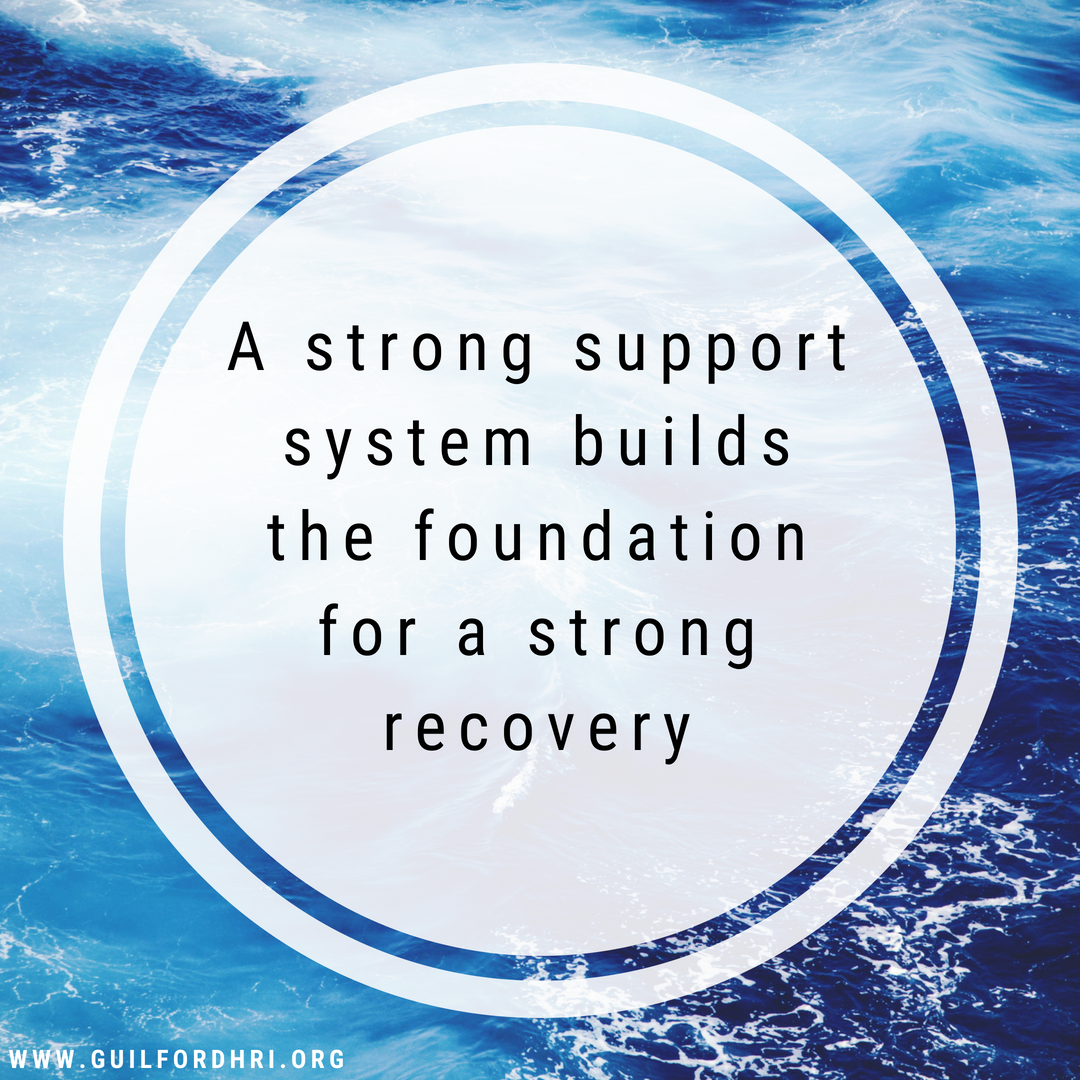
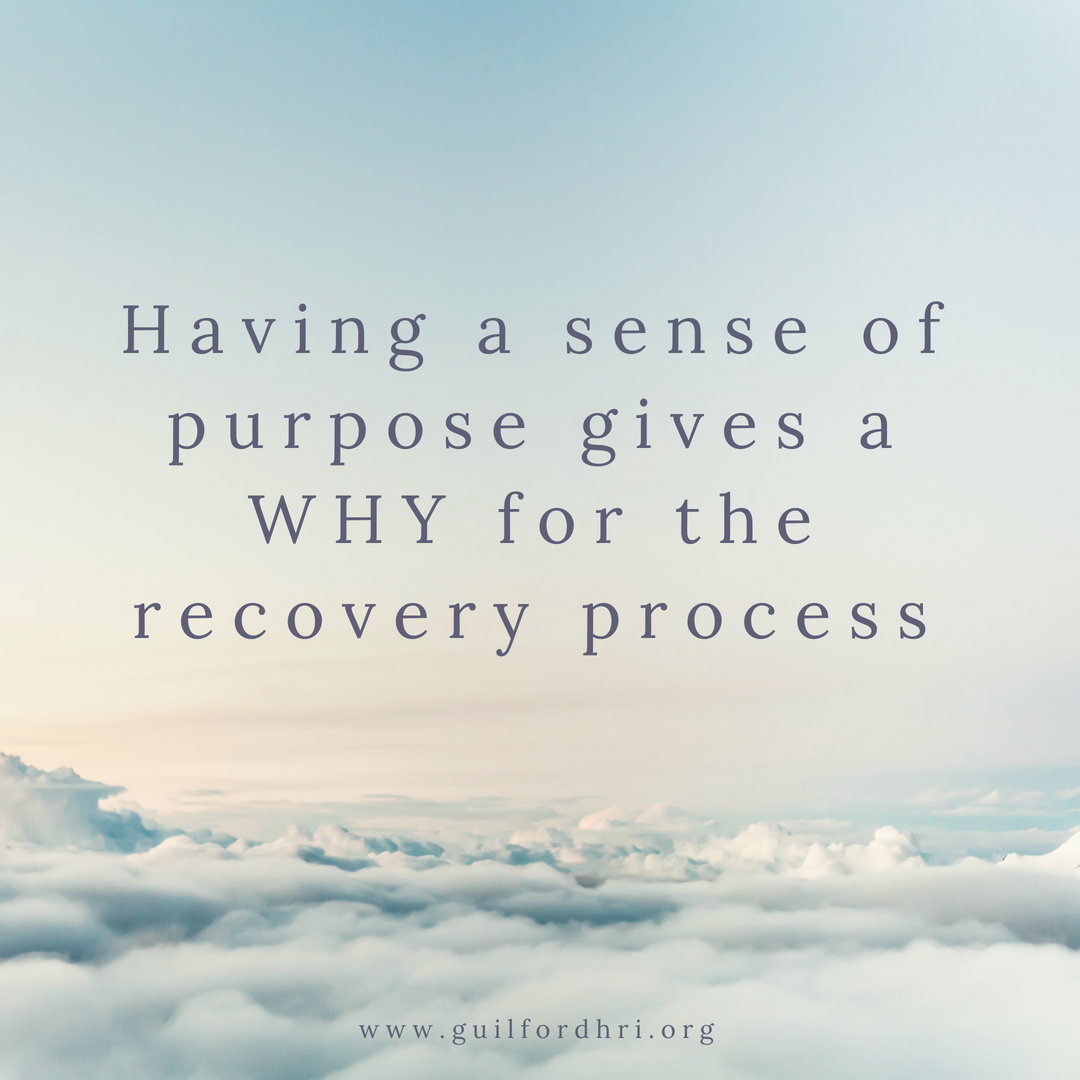

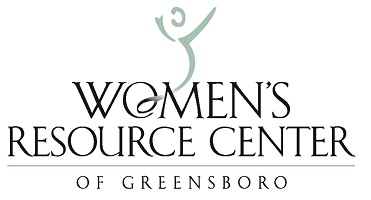
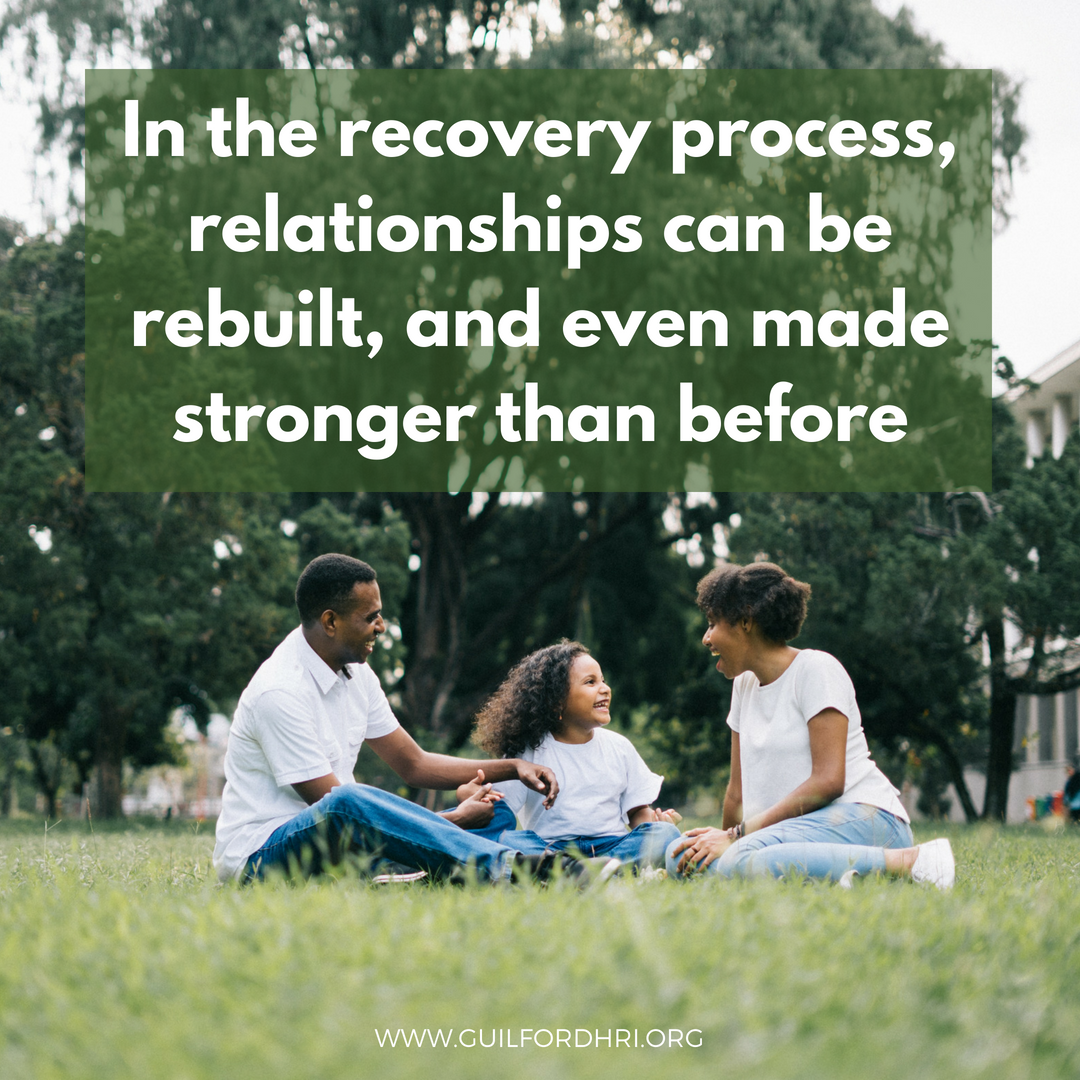
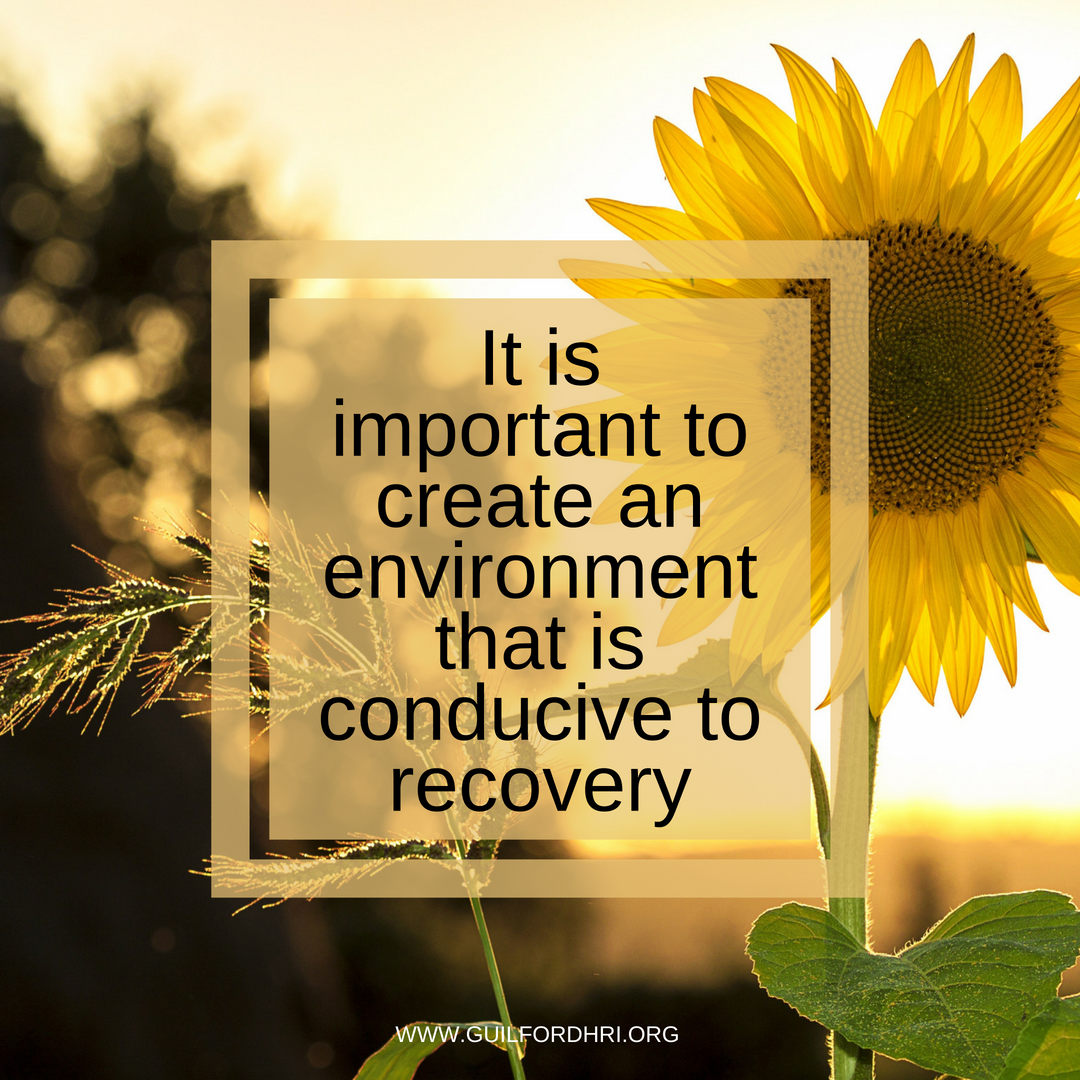


 Domestic violence affects thousands of Guilford County residents each year. In recognition of Domestic Violence Awareness Month, join us for a screening of the award-winning documentary,
Domestic violence affects thousands of Guilford County residents each year. In recognition of Domestic Violence Awareness Month, join us for a screening of the award-winning documentary,